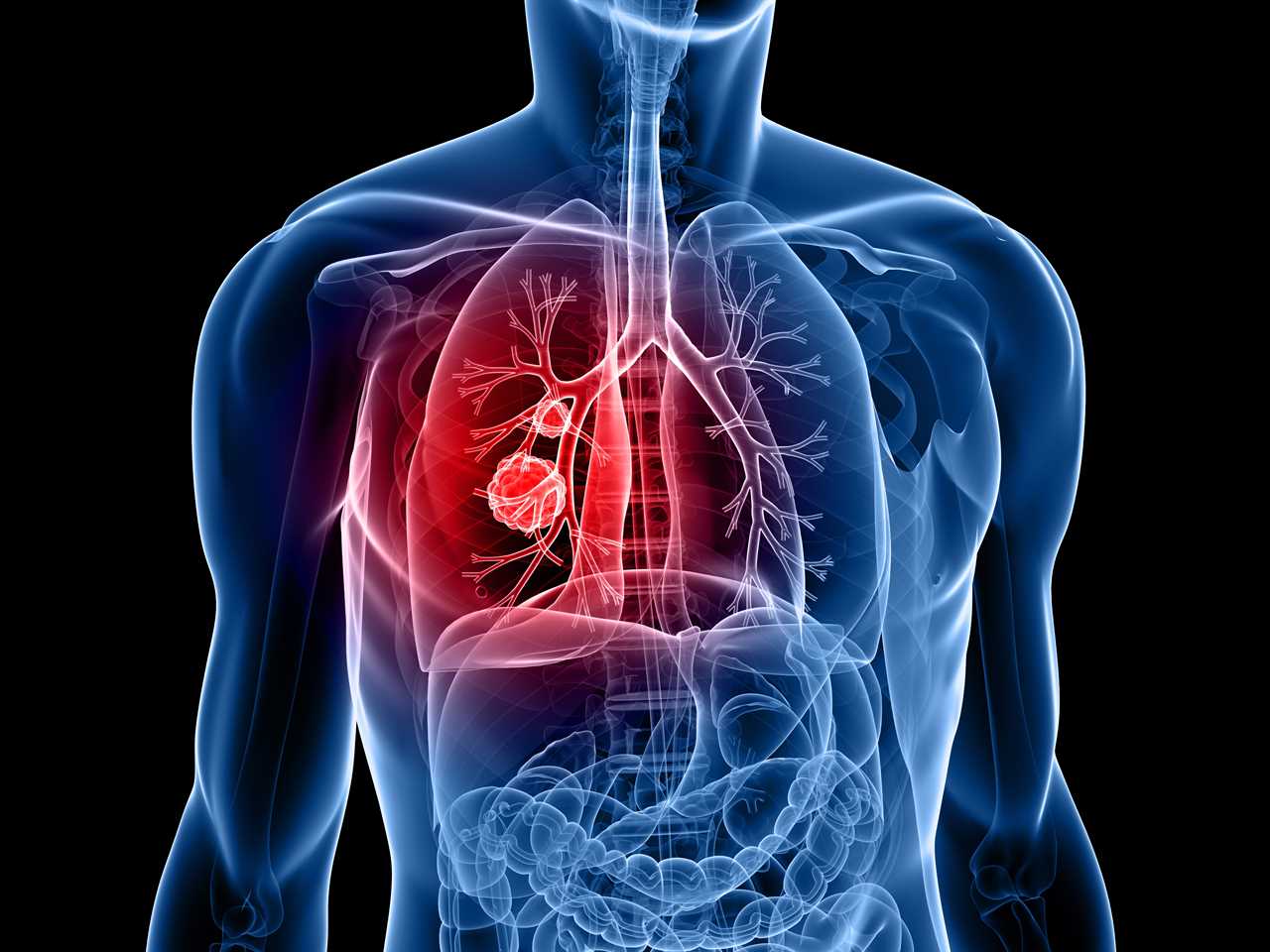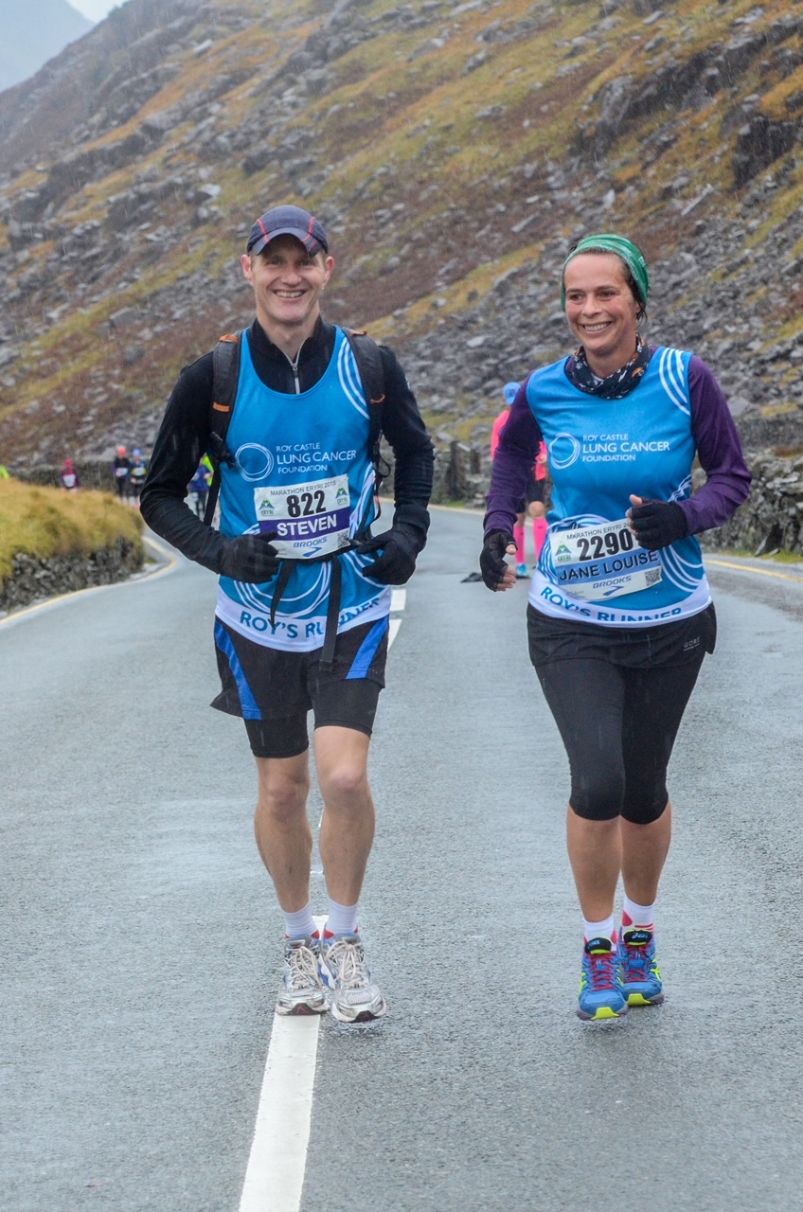THE lung cancer diagnosis of Dame Esther Rantzen has shone a spotlight on a disease which is often in the shadow of higher profile illnesses like breast cancer.
There are around 48,500 new cases in the UK every year — more than 130 a day, making it the biggest cancer killer, according to Cancer Research UK.

Dame Esther Rantzen was recently diagnosed with lung cancer

Only one in ten cancer patients will survive for a decade or more
Only one in ten of those with the disease will survive for a decade or more.
The charity says 72 per cent of lung cancers are caused by genetic mutations triggered by carcinogens in tobacco smoke.
Patients are smokers, former smokers and passive smokers.
More than 44 per cent of all new cases are diagnosed in people aged 75 and over — like 82-year-old broadcaster Esther.
Esther, founder of Childline, and The Silver Line for elderly people, announced her diagnosis last month and said she is remaining “optimistic”, although the cancer has now spread.
Enlarged fingertips
The mum of three said: “I’m undergoing various tests to assess the best treatment. I have decided not to keep this secret any more because I find it difficult to skulk around various hospitals wearing an unconvincing disguise, and because I would rather you heard the facts from me.”
Dr Andy Whittamore, clinical lead at charity Asthma & Lung UK, told Sun on Sunday Health: “It’s a wide range of people I see. Risk is higher in older people with a history of smoking but we’re also seeing younger, fitter people in their forties.”
Lung cancers are slow-growing, and treatable if caught early.
More than 55 per cent with stage-one lung cancer will survive for five years or more after diagnoses, says Cancer Research UK.
But, in part because of the size and plasticity of the lungs, most cases are not picked up until they are advanced — stages three and four — when survival drops to just five to 15 per cent.
Symptoms may include a cough that has lasted for three weeks or more, a change in a long-term cough, and breathlessness.
But there are other, less obvious things to watch for, including weight loss and finger clubbing — where the fingertips may enlarge.
It’s caused by substances like hormones and proteins, secreted by cancer cells.
Dr Whittamore said: “The most important thing is picking it up early. Surgery can’t be done if the cancer is picked up too late. But treatments like chemotherapy can help — and the good news is drugs in chemotherapy are evolving all the time.
“If a cough goes on for three or four weeks, don’t ignore it — speak to your GP. They should know what to look for and whether to refer you for something like a chest X-ray.
“But if you’re not satisfied after that, tell the GP. They should be able to explain in detail why they are ruling out certain things.”

Marathon runner Jane Holmes was given a year to live when diagnosed with advanced lung cancer, aged 43
Former NHS legal expert and marathon runner Jane Holmes was given a year to live when diagnosed with advanced lung cancer, aged 43.
Jane, now 52, from Carmarthenshire, was told she had stage IIIB, where the tumour is 5cm or smaller and cancer has spread to lymph nodes.
She told us: “I’ve always been a positive person but it was a bleak prognosis. It’s really hard to get your head around the statistic that only one in three people with this diagnosis will be here in a year’s time.
“I’d gone to the GP because I had this strange sensation of breathing in cold air down the right side of my nose.
“I was sent for a sinus check which came back clear. I was then lucky to be sent for a chest X-ray. It showed a 3.5cm tumour in my right lung.
“I couldn’t initially have surgery because the tumour had spread to lymph nodes outside the chest so I had chemo, and radical radiotherapy.
“I was lucky because this reduced the size of the tumour and resulted in no activity being found in any of the lymph nodes. This enabled me to have a lobectomy, where the top of my right lung was removed.”
Scans came back clear but in 2017 she had a recurrence in her neck and needed more surgery and radiotherapy. Now she has screenings every nine months.
Jane said: “I love taking on challenges and since my diagnosis I’ve raised over £27,000 for the Roy Castle Lung Cancer Foundation, through justgiving.com/fundraising/janeholmes-rclcf.
“Last year I did the Swansea Ironman event. I felt so lucky to be able to take on such a challenge nine years after diagnosis. And in October I am running a marathon. Going into cancer treatment as fit as possible is always an advantage. An early diagnosis, and being positive, are also really important.”
- For support, you can go to asthmaandlung.org.uk






